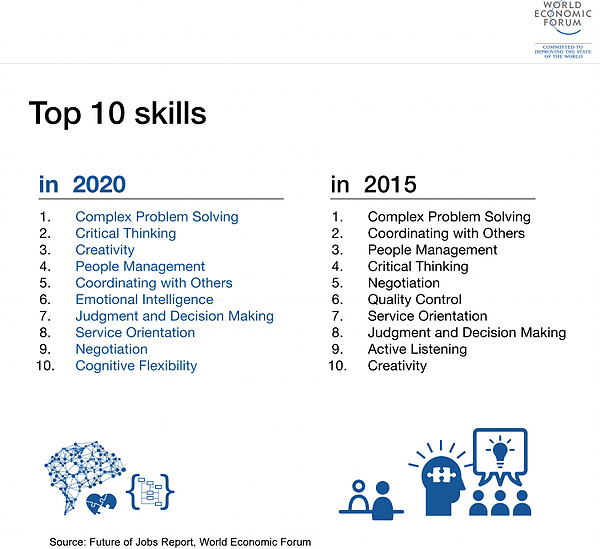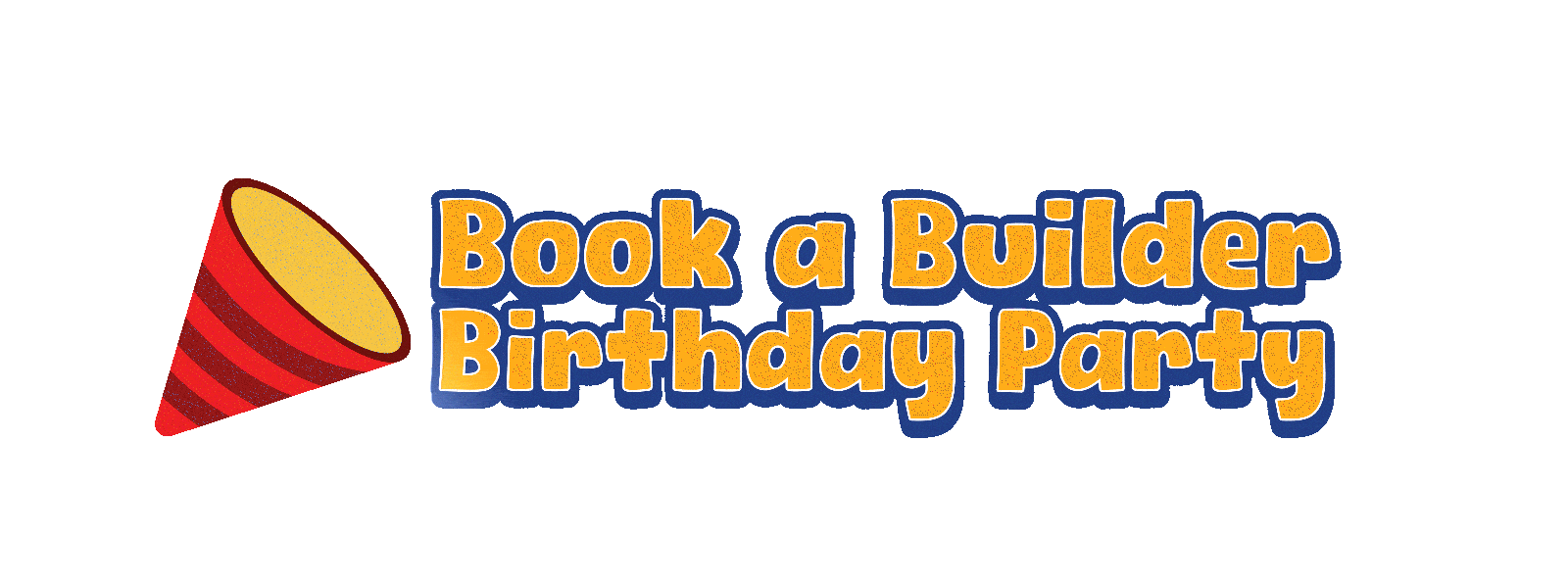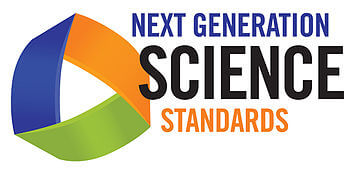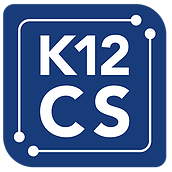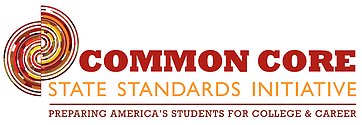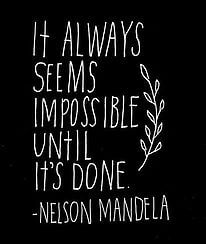
WE BELIEVE in Standards-based STEM education
MakerState’s curriculum and instructional approach follows these key sets of standards:
- Next Generation Science Standards (NGSS)
- K-12 Computer Science Framework
- NYC DOE STEM Framework
- Common Core State Standards (CCSS)
- International Society for Technology in Education’s (ISTE) Student Standards
- Computer Science Teachers Association Guidelines
Next Generation Science Standards (NGSS)
MakerState’s learning approach utilizes the Next Generation Science Standards (NGSS) framework of defining problems and investigations, designing and developing solutions, and optimizing solutions based on testing and data collection. We follow the NGSS concept of coupling practice with content as well as instructional flexibility. Teachers who use our curriculum as trained find great success with CS education but there is plenty of room within the curriculum to add the personal interests, cross-cutting concepts, and cross-disciplinary learning objectives of the student, teacher, and school.
K-12 Computer Science Framework
MakerState aligns with this standard’s focus on collaboration, problem solving, and the creation of computational artifacts (what we at MakerState call “Prototypes”). The testing and and refining of these artifacts is a key step in the engineering design process, which we emphasize in each of our “Challenge” lessons through the playtesting and iteration process.
MakerState is guided by the NYC DOE STEM Framework’s approach to trans-disciplinary student-centered inquiry, problem-based learning, and teacher collaboration. MakerState meets the STEM Framework’s “Fully Integrated” indicator levels in culture of inquiry, engineering design, risk-taking, rigor in mastery based learning objectives, differentiation, and the inclusion of female students, underrepresented minorities, English Language Learners, students with disabilities, and struggling students.
Common Core State Standards (CCSS)
MakerState follows the Common Core State Standards (CCSS) with its emphasis on practice with complex texts, grounded evidence, writing from sources, scaffolded complexity of projects and skills, and a solid benchmark list of academic vocabulary (STEM Key Terms) in each of its Challenge lessons.
International Society for Technology in Education’s (ISTE) Student Standards
We have also incorporated the International Society for Technology in Education’s (ISTE) Student Standards which focus on knowledge construction, design innovation, computational thinking, creative communication, and collaboration.
Computer Science Teachers Association Guidelines
Our Challenge Curriculum follows the active learning, creativity, and exploration-based Computer Science Teachers Association guidelines which emphasizes fundamentals in programming, including awareness of real-world examples and career paths which stem from CS, as well as problem solving, links to other sciences, computational thinking, and collaboration.
We’re Focused on Kids’ Futures
The meta-skills we teach in MakerState makerspaces are going empower our kids for the rest of their lives. Our STEM makerspace “Challenge” lessons emphacise the Engineering Design Process skills and 21st Century Skills as highlighted in this World Economic Forum infographic. We don’t know the jobs and opportunities our kids will have in 2020, 2030, and beyond but we can prepare them for that future by teaching these skills.
